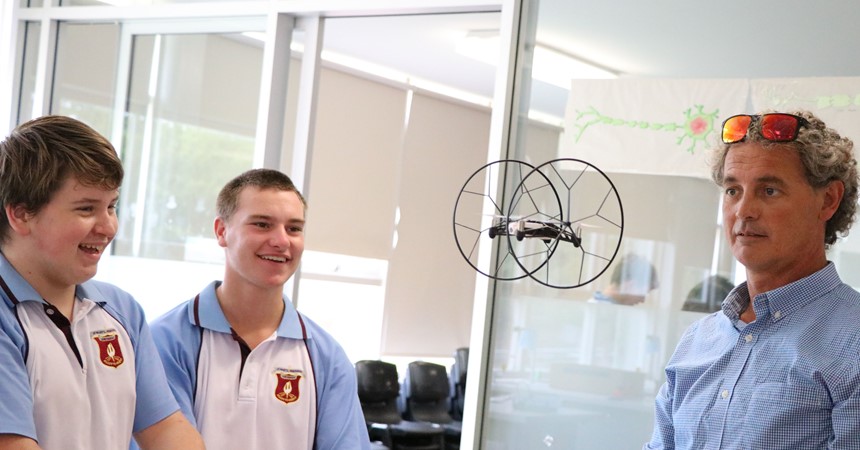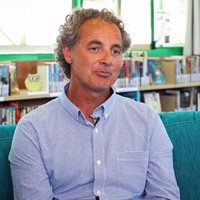Many work places have their own jargon – words, acronyms or abbreviations you would not normally find in ordinary speech − and education is no exception. One current example around the world is the shared goal of exposing more students to science, technology, engineering, and math—STEM.
A renowned educationalist recently summed it up by stating, “Being competent in STEM fields is the modern equivalent of being literate and numerate in the 19th century.”
STEM aims to develop skills in cross-disciplinary, critical and creative thinking, problem-solving, collaboration and digital technologies, all of which are essential in 21st century occupations.
Australia’s Chief Scientist stated, “A renewed national focus on STEM in school education is critical to ensuring that all young Australians are equipped with the necessary STEM skills and knowledge they will need to succeed.”
Fortunately, many local schools are at the forefront of this endeavour, largely a result of the tremendous support of industry and the Regional Development Australia Hunter’s Advanced Manufacturing Industry Schools Pathways Program.
At St Mary’s Catholic College, Gateshead, we offer iSTEM as a Stage 5 (Years 9/10) elective course and are extremely proud of the educational outcomes it is fostering. It is my belief that the letter ‘i’, for integrated, is of paramount importance to the success of any STEM program.
Apart from this course, students are offered many extra-curricular opportunities, including ‘Build me a Future’ Days, Electric Vehicle festival, LEGO robotics, Da Vinci Decathlon, Mars Rover Challenge and recently the Day Zero STEM camp during the school holidays in Goulburn.
On a larger scale, the results in the National Science and Engineering Competition from St Mary’s and schools within the diocese are exceptional, gaining recognition across the nation.
Closely related to STEM education is the pedagogy supported by educational theorists and design thinkers as well as the passion of tinkerers and hobbyists, the “Maker movement”, which is finding its way into mainstream education.
At St Mary’s, we are in the process of transforming a part of our library into a drop-in space for students to maximise their creative genius. Facilitated by recently securing a government grant to the value of $5000, the establishment of this ‘makerspace’ is to promote design thinking by focusing on the Four Cs: creativity, critical thinking, communication and collaboration.
Libraries today should be less about focusing on what they have for people and more about what they do for and with people.
To share what you think of Aurora, complete survey here.























































































